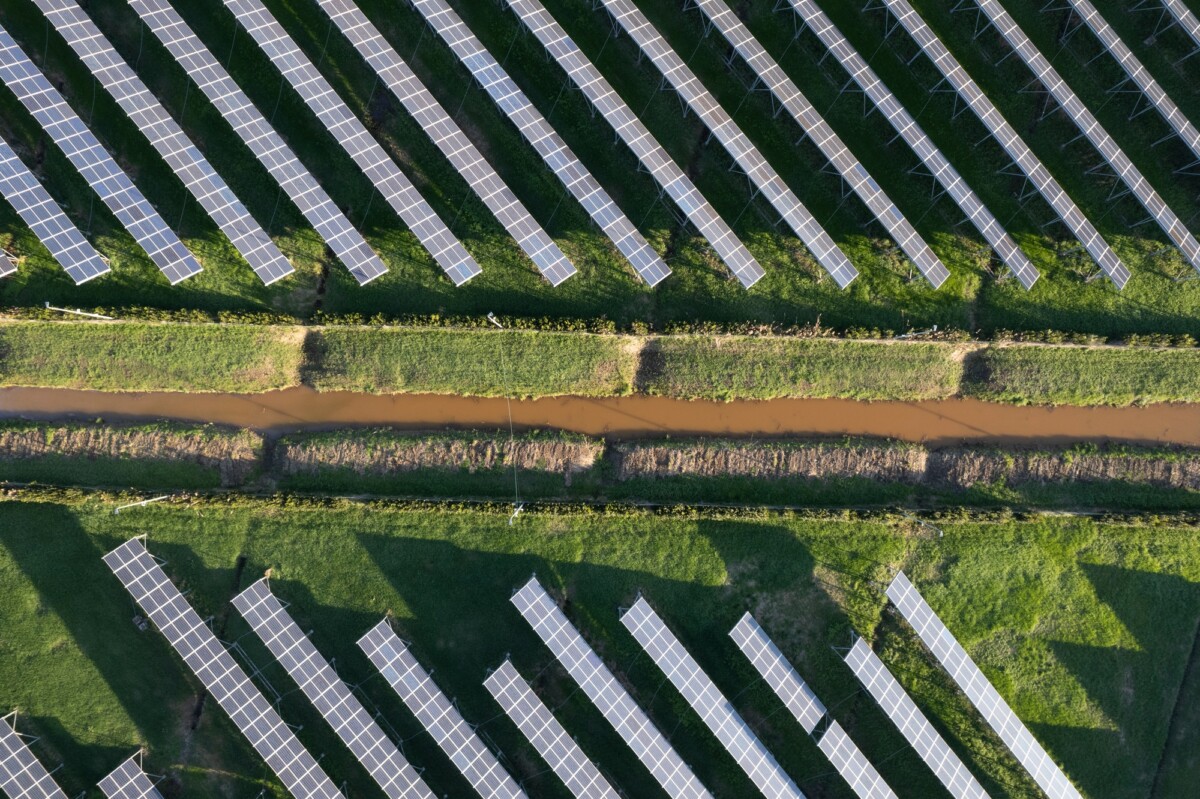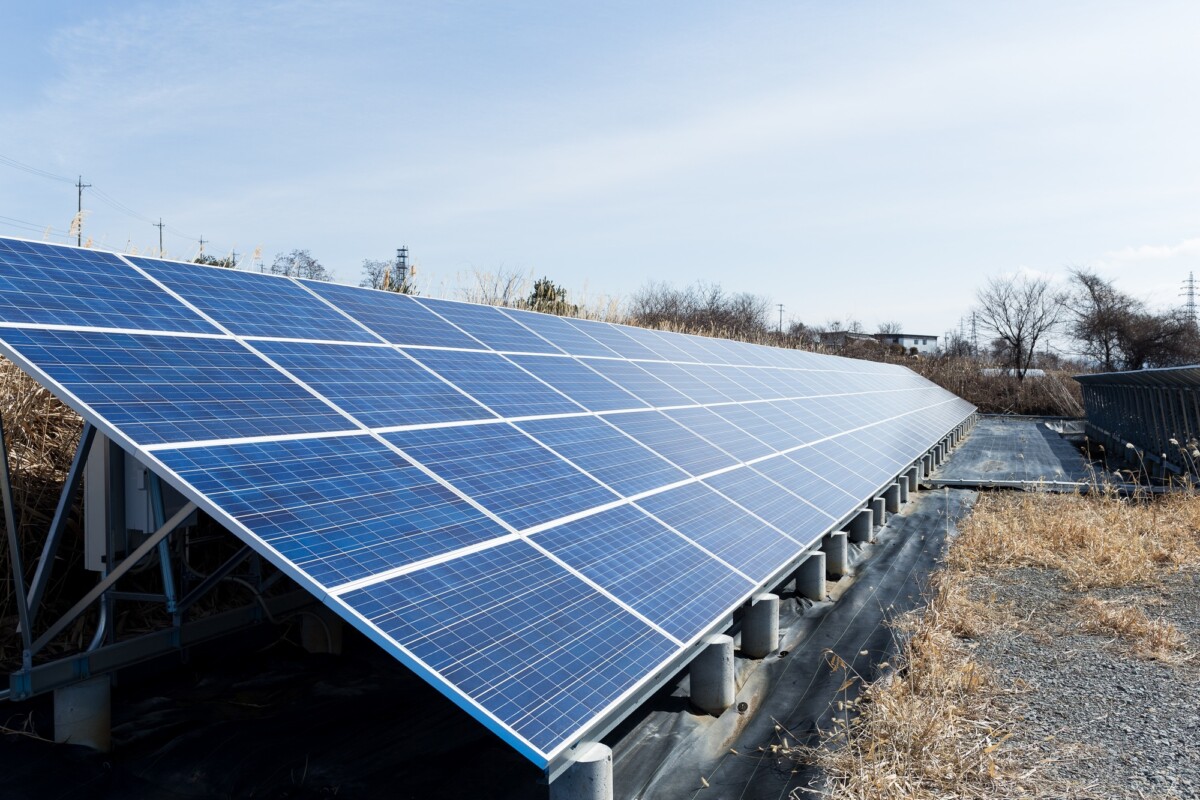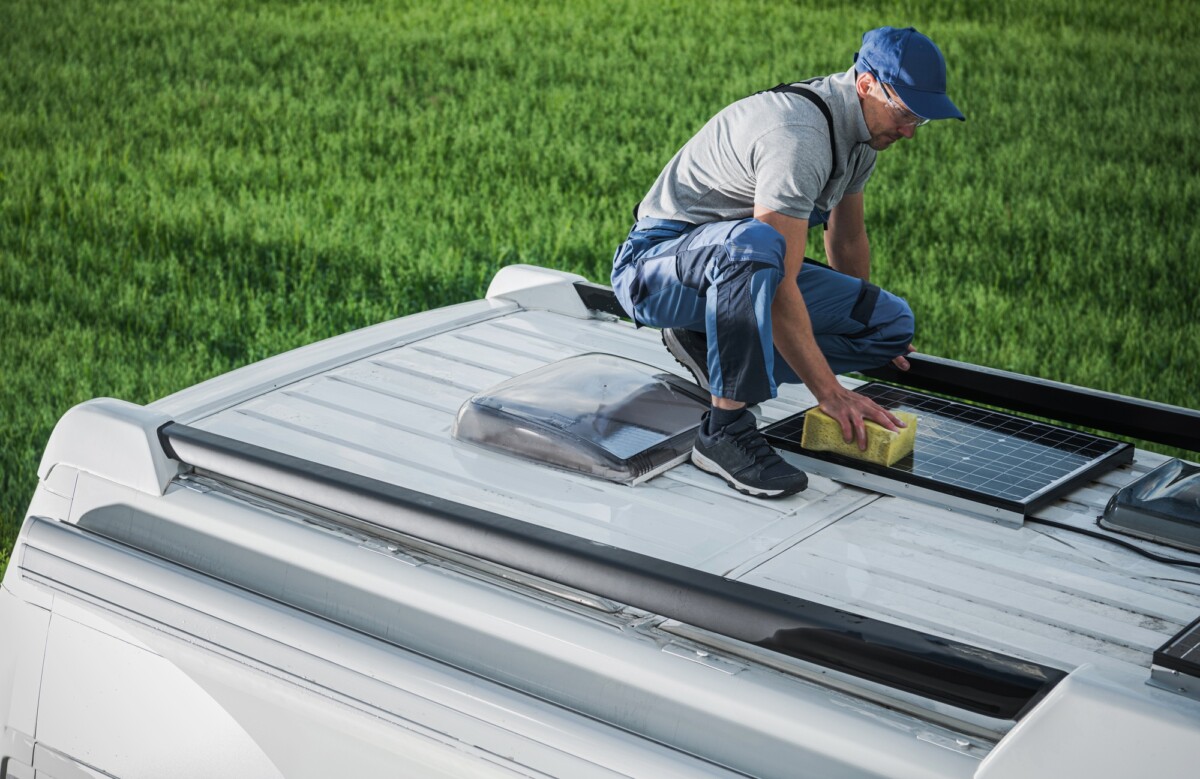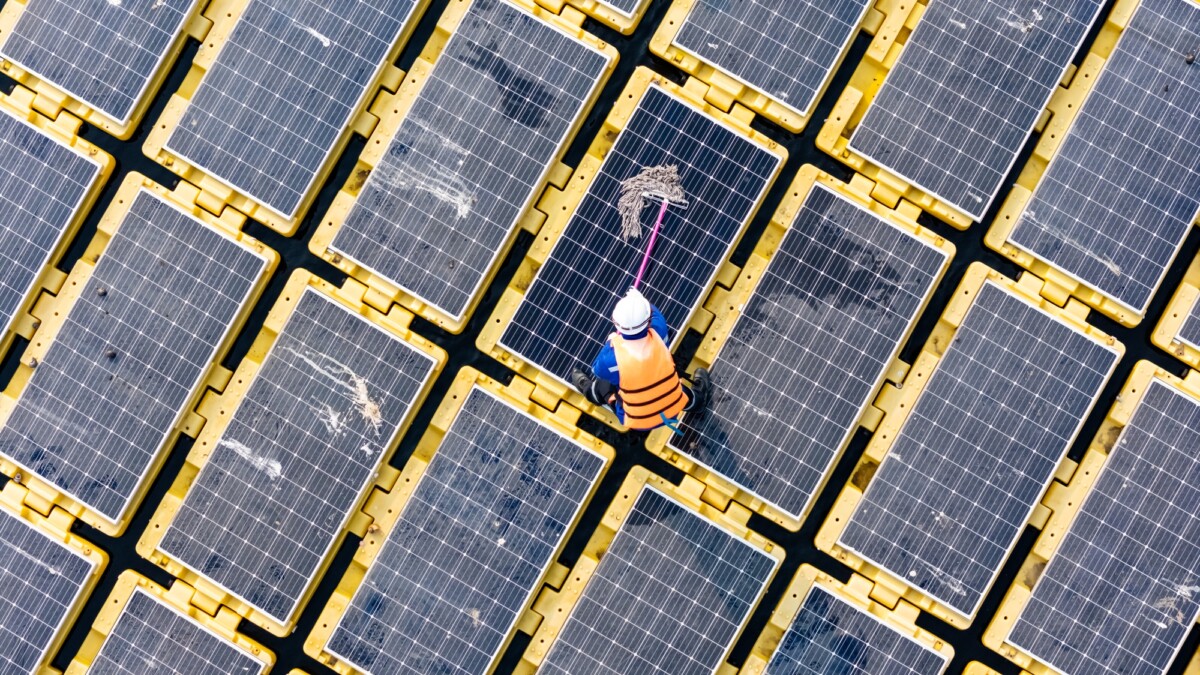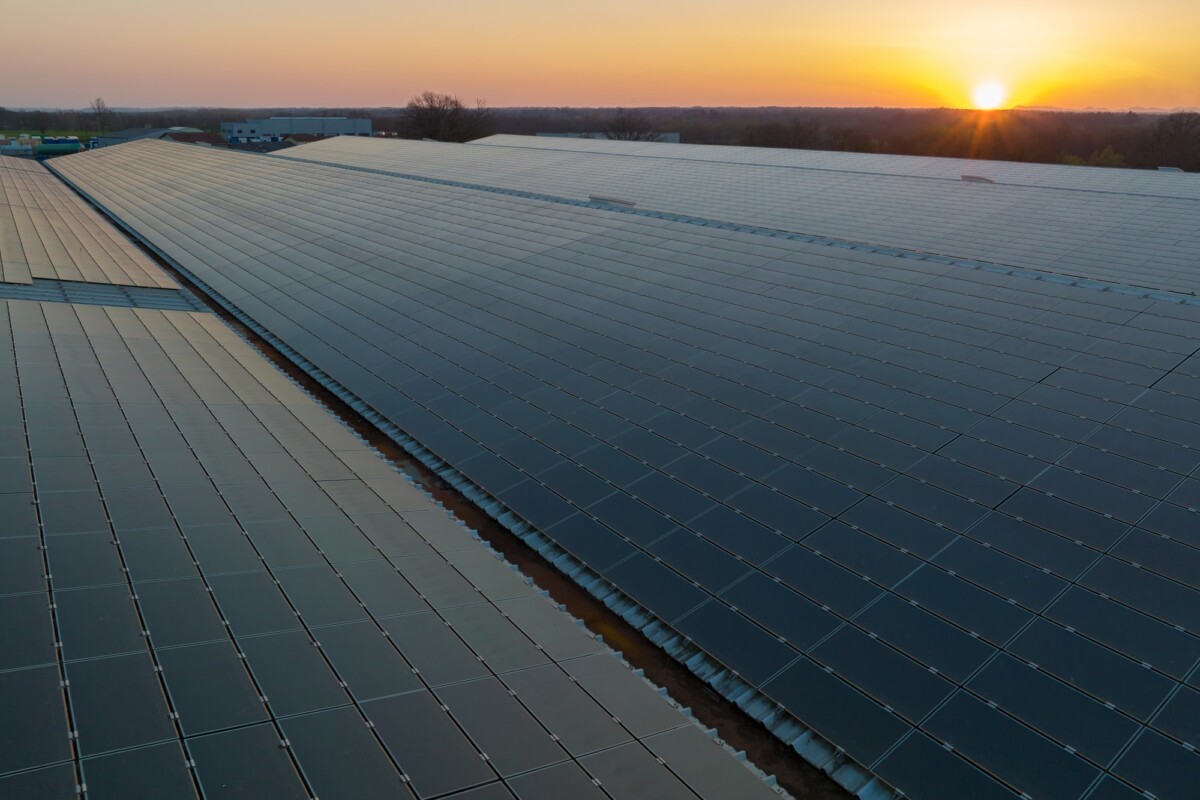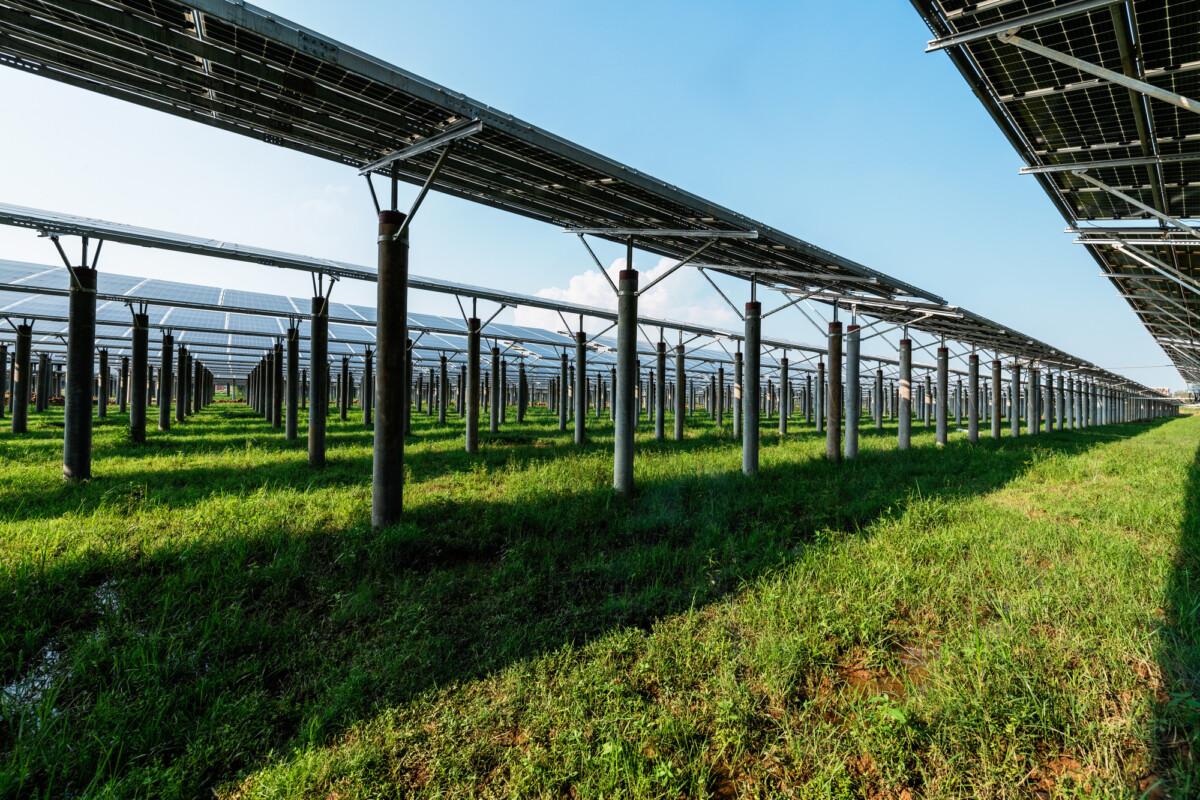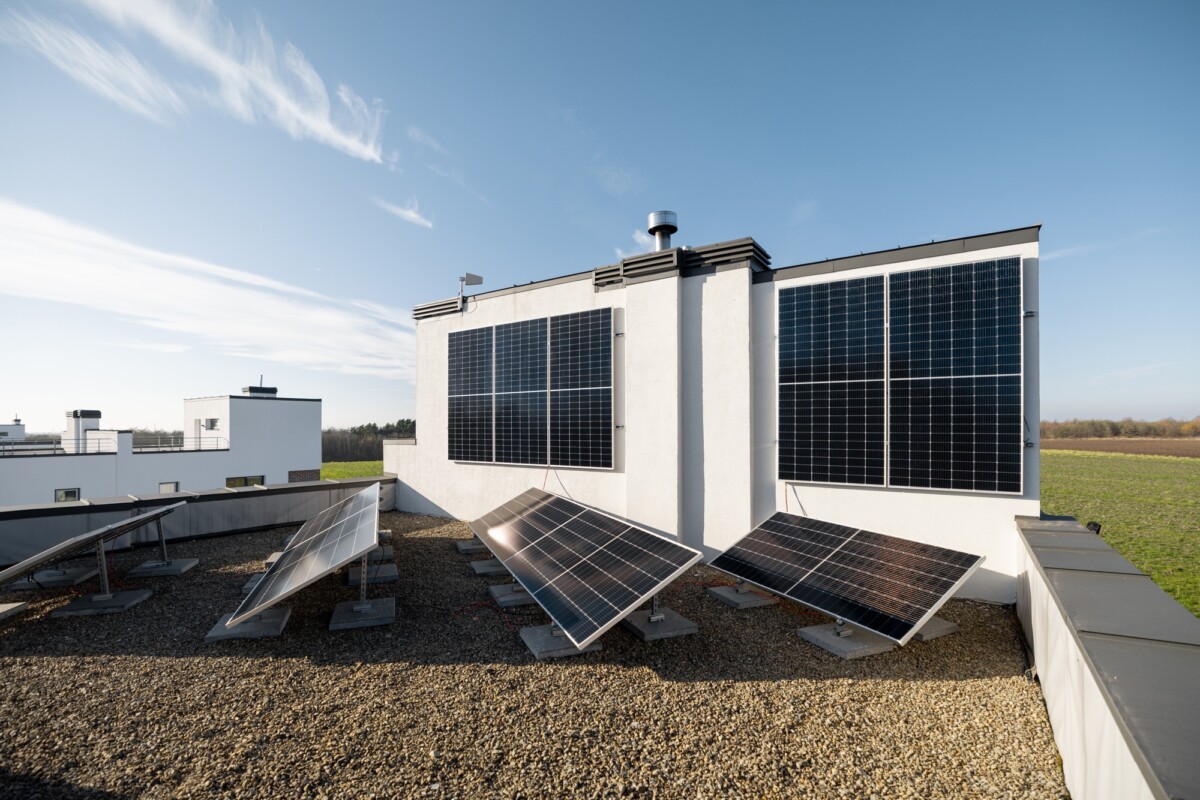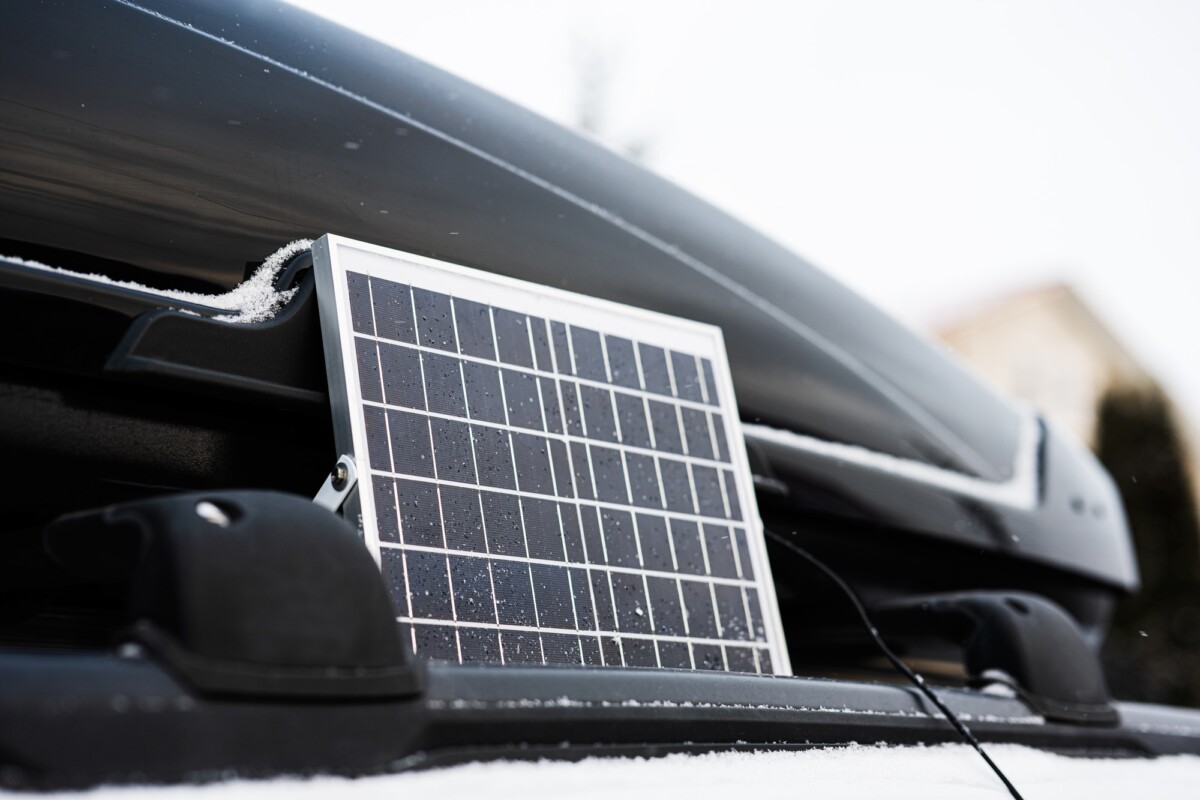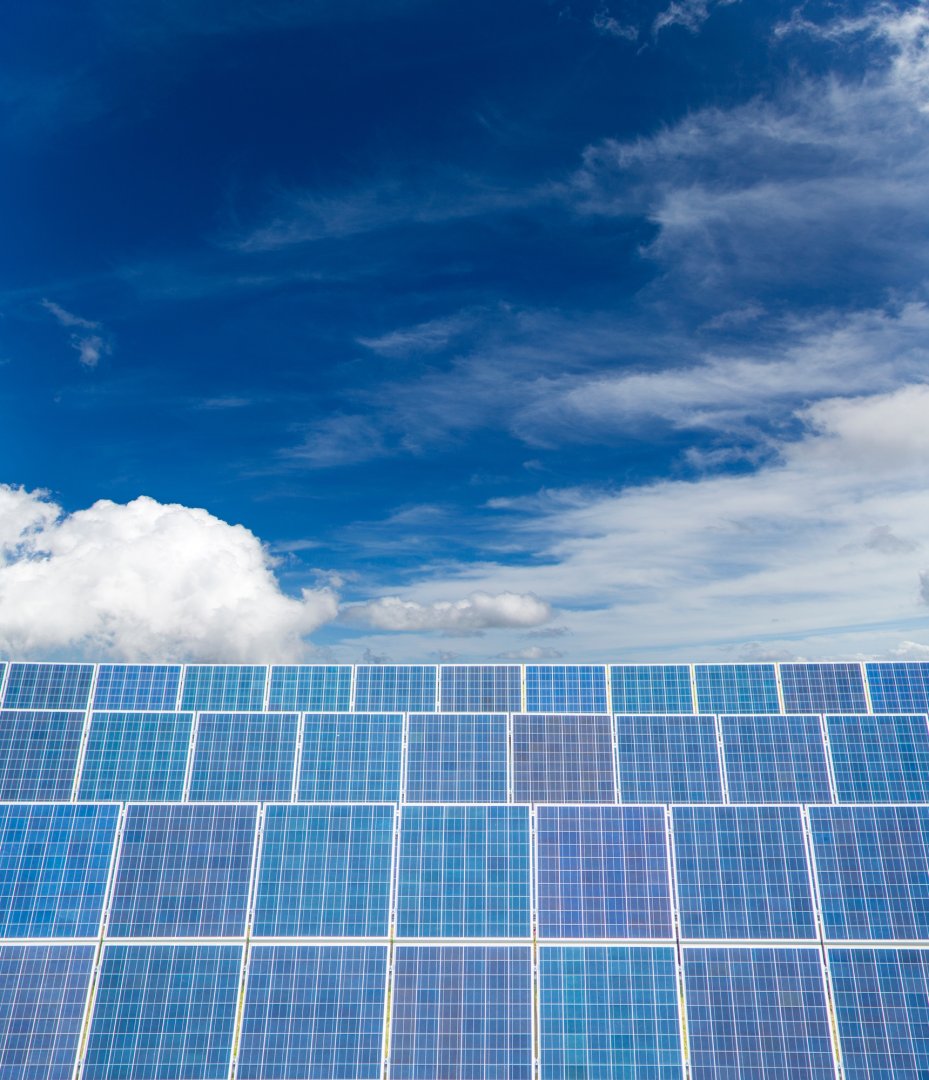Understanding the Lifespan of Solar Panels
When considering solar energy, a common question arises: How often do solar panels need to be replaced? This is crucial for planning long-term investments and ensuring sustainable energy solutions. The good news is that solar panels are designed to last for decades, providing reliable energy with minimal maintenance. Let’s delve into the factors that influence their lifespan and when you might need to consider replacement.
Typical Lifespan of Solar Panels
Most solar panels come with a warranty of 25 to 30 years, which is a testament to their durability. However, this doesn’t mean they stop working after this period. Instead, their efficiency may slightly decrease, usually by about 0.5% per year. By the end of their warranty, panels might still operate at 80-85% of their original capacity.
Factors Affecting Solar Panel Longevity
Several factors can influence how often solar panels need to be replaced:
- Quality of Materials: Higher quality panels tend to last longer.
- Installation: Proper installation ensures longevity and optimal performance.
- Maintenance: Regular cleaning and inspections can prevent damage and extend life.
Signs It’s Time to Replace Your Solar Panels
While solar panels are built to last, there are signs that indicate replacement might be necessary:
- Significant Efficiency Loss: If energy output drops significantly, it might be time to consider new panels.
- Physical Damage: Cracks or severe weather damage can impair functionality.
- Outdated Technology: Newer panels might offer better efficiency and features, making an upgrade worthwhile.
In conclusion, understanding how often solar panels need to be replaced involves considering their typical lifespan, the factors affecting their longevity, and recognizing signs of wear. With proper care, your solar panels can provide clean energy for many years, making them a wise investment for the future.
What Factors Influence Solar Panel Replacement Frequency?
When considering the investment in solar energy, a common question arises: How often do solar panels need to be replaced? This question is crucial for homeowners and businesses alike, as it impacts long-term savings and sustainability goals. Understanding the factors that influence solar panel replacement frequency can help you make informed decisions and maximize your solar investment.
1. Quality of Solar Panels
The quality of the solar panels you choose plays a significant role in how often they need to be replaced. High-quality panels from reputable manufacturers tend to last longer, often exceeding 25 years, while lower-quality panels may degrade faster. Investing in quality can reduce the frequency of replacement.
2. Environmental Conditions
Environmental factors such as climate and weather conditions can affect the lifespan of solar panels. Panels in regions with extreme weather, like heavy snow or intense heat, may experience more wear and tear, potentially leading to earlier replacement. Regular maintenance can mitigate some of these effects.
3. Installation and Maintenance
Proper installation and regular maintenance are critical in determining how often solar panels need to be replaced. Poor installation can lead to issues that shorten the lifespan of your panels. Routine inspections and cleaning help ensure optimal performance and longevity.
By considering these factors, you can better understand the frequency of solar panel replacement and make choices that align with your energy goals.
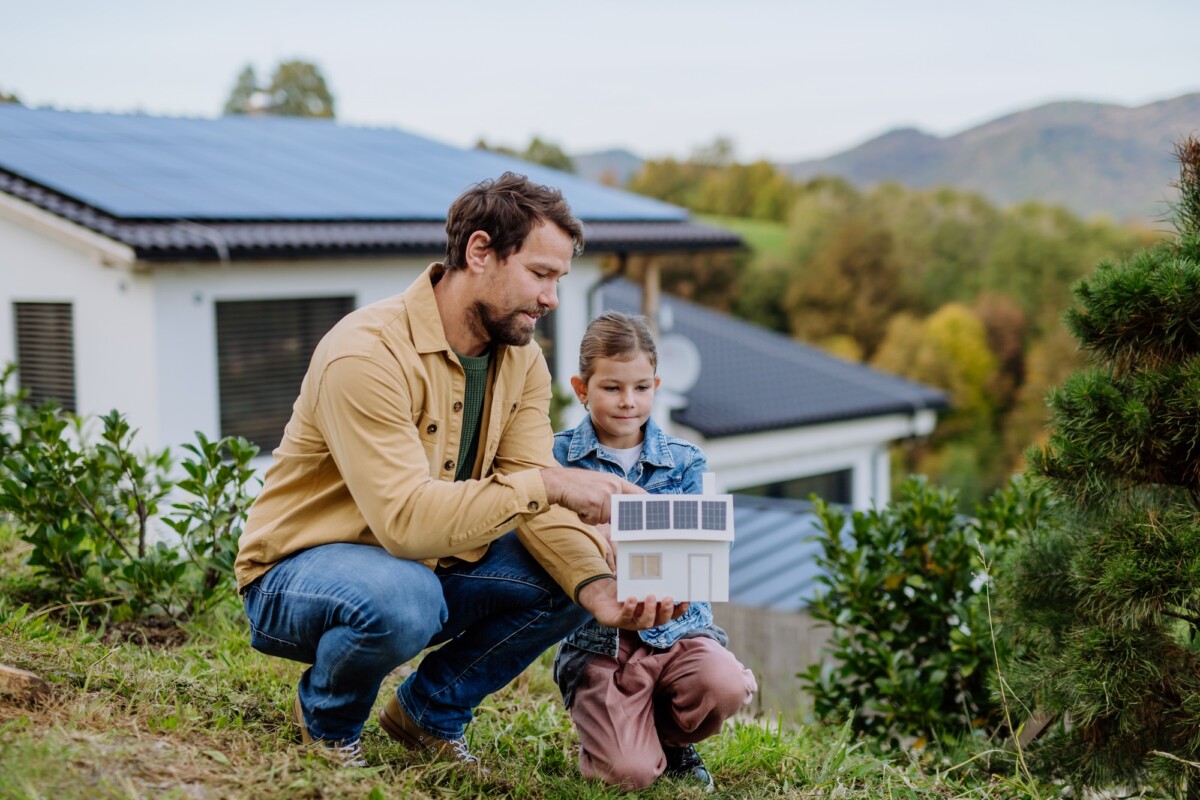
Ready to make the switch? Discover how solar power can lower your bills and boost your home’s efficiency. Get a Free Solar Estimate at FREE SOLAR POWER QUOTES
Signs It’s Time to Replace Your Solar Panels
Decreased Energy Output
One of the most telling signs that it’s time to replace your solar panels is a noticeable drop in energy production. If your panels are generating significantly less electricity than before, despite optimal conditions, it might be time to consider a replacement. Regular monitoring can help you catch this early.
Physical Damage
Inspect your panels for visible damage. Cracks, discoloration, or delamination are clear indicators that your panels are not functioning at their best. Such physical wear and tear can compromise the efficiency of your solar system, necessitating a replacement to maintain optimal performance.
- Cracks or chips in the glass
- Discoloration or yellowing
- Delamination or peeling
Age of the Panels
Solar panels typically have a lifespan of 25 to 30 years. If your panels are approaching this age, it’s wise to start planning for a replacement. Even if they seem to be working fine, newer models offer improved efficiency and technology, making them a worthwhile investment.
How Often Do Solar Panels Need To Be Replaced: A Cost Analysis
Are you considering investing in solar panels but worried about their longevity? You’re not alone. Many homeowners ask, “How often do solar panels need to be replaced?” Understanding this can help you make informed financial decisions. The good news is that solar panels are built to last, offering decades of energy savings.
Lifespan of Solar Panels
Typically, solar panels come with a warranty of 25 to 30 years, but they can last even longer. Over time, their efficiency may decrease slightly, but they continue to produce energy. Key factors influencing lifespan include:
- Quality of materials: Higher quality panels tend to last longer.
- Installation: Proper installation ensures longevity.
- Maintenance: Regular cleaning and inspections can extend their life.
Signs It’s Time for Replacement
While solar panels are durable, there are signs that indicate replacement might be necessary:
- Significant drop in energy output
- Physical damage such as cracks or discoloration
- Outdated technology compared to newer, more efficient models
Cost Considerations
Replacing solar panels can be costly, but it’s often a long-term investment. Consider the following:
- Initial investment: Weigh the upfront cost against potential energy savings.
- Incentives and rebates: Check for available financial incentives.
- Technological advancements: Newer panels may offer better efficiency and savings.
In conclusion, understanding how often solar panels need to be replaced helps in planning for future costs and maximizing your investment. With proper care, your solar panels can serve you well beyond their warranty period, ensuring sustainable energy for years to come.
Comparing Replacement vs. Maintenance: Which is More Cost-Effective?
When considering the longevity of your solar investment, you might wonder, How often do solar panels need to be replaced? This question is crucial as it impacts both your budget and energy efficiency. While solar panels are designed to last, understanding the balance between replacement and maintenance can save you money and extend the life of your system.
Replacement vs. Maintenance: Key Considerations
- Lifespan of Solar Panels: Typically, solar panels have a lifespan of 25 to 30 years. However, this doesn’t mean they suddenly stop working after this period. Instead, their efficiency gradually decreases, prompting the need for replacement.
- Maintenance Needs: Regular maintenance, such as cleaning and inspections, can significantly prolong the efficiency and lifespan of your panels, delaying the need for replacement.
Cost-Effectiveness of Maintenance
Investing in routine maintenance is often more cost-effective than premature replacement. Regular checks can identify minor issues before they escalate, ensuring optimal performance and delaying the need for new panels. This proactive approach not only saves money but also maximizes your solar energy output.
In conclusion, while the question of how often do solar panels need to be replaced is important, focusing on consistent maintenance can often be the more economical choice. By maintaining your panels well, you can enjoy their benefits for decades, making the most of your solar investment.
How Technological Advances Affect Solar Panel Longevity
Solar panels, traditionally expected to last around 25 to 30 years, are now benefiting from cutting-edge innovations that enhance their longevity. With advancements in materials and manufacturing processes, the question of “How often do solar panels need to be replaced?” is evolving. Modern panels are designed to withstand harsh weather conditions and maintain efficiency over time, reducing the frequency of replacement.
Key Technological Improvements
- Enhanced Materials: New composite materials increase resistance to environmental wear and tear.
- Improved Efficiency: Innovations in photovoltaic cells boost energy conversion rates, prolonging effective use.
- Smart Monitoring Systems: Real-time data tracking helps in maintaining optimal performance and identifying issues early.
These technological strides mean that solar panels are not only lasting longer but also performing better throughout their lifespan. As a result, the need for replacement becomes less frequent, offering peace of mind and greater financial savings for solar panel owners.
When to Consult a Professional for Solar Panel Replacement
Signs It’s Time for Replacement
- Decreased Efficiency: If you notice a significant drop in energy production, it might be time to consider replacement.
- Physical Damage: Cracks, discoloration, or other visible damages are clear indicators.
- Age of Panels: Most panels last 25-30 years, so if yours are nearing this age, a professional assessment is wise.
Benefits of Professional Consultation
Consulting a professional can provide clarity on whether your panels need replacement or just maintenance. They can offer insights into the latest technology, ensuring your system is up-to-date and efficient. Additionally, professionals can help navigate warranties and potential rebates, making the replacement process smoother and more cost-effective.
How FreeSolarPower Can Help You with Solar Panel Replacement Needs
How Often Do Solar Panels Need To Be Replaced? Typically, solar panels are designed to last between 25 to 30 years. However, factors like weather conditions, maintenance, and installation quality can affect their longevity. Regular inspections can help determine when replacement is necessary, ensuring your system remains efficient.
Key Factors Influencing Replacement
- Weather Conditions: Harsh climates can accelerate wear and tear.
- Maintenance: Regular cleaning and inspections can extend lifespan.
- Installation Quality: Proper installation prevents premature damage.
Why Choose FreeSolarPower?
We offer comprehensive assessments to evaluate your solar panel’s condition. Our team of experts will guide you through the replacement process, ensuring minimal disruption and maximum efficiency. With FreeSolarPower, you can rest assured that your solar energy system is in capable hands.
Join the solar movement today! Thousands are already saving—claim your free consultation to get started. Schedule Your Free Consultation at FREE SOLAR POWER QUOTES
Interested in more options? Take a look at SOLAR ENERGY for tailored solar solutions that suit your home!

